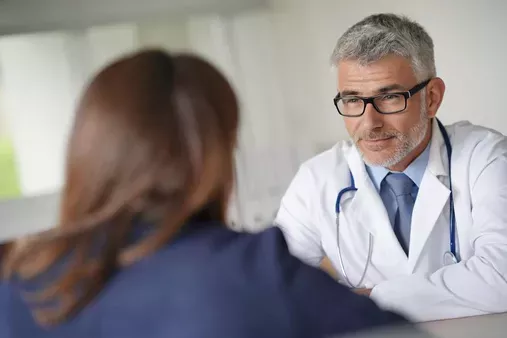Are you sexually active? Do you have concerns about sexually transmitted diseases (STDs)? If you answered yes to either of these questions, you should be tested for STDs. Click here to learn more about how to protect yourself.
Are you doing your part to protect yourself from STDs? Getting tested is one of the smartest things you can do to protect your sexual health.
According to the Centers for Disease Control and Prevention, about one out of every five people in the United States has a sexually transmitted disease (STD). Every year, more than 20 million people are diagnosed with a new STD. And, because so many people go undiagnosed, the numbers are likely even higher.
At Houston Medical-Mental Health Clinic in Houston, Texas, we consider your sexual health an important part of your overall health. Lucas Egebe, DNP, PMHNP-BC, is a doctor of nursing practice and a board-certified psychiatric mental health nurse who manages your physical and mental health needs.
We understand the stigma of STDs and provide discrete testing and STD treatment. Here, we explain how getting tested protects your health.
About those STDs
STDs are bacterial, viral, or parasitic infections you get through sexual contact. Though very much preventable, STDs are a major public health issue in the US. When left undiagnosed and untreated, STDs can lead to serious health complications like infertility and cancer.
Here’s the thing about STDs: They don’t always cause symptoms, or the symptoms are mild and go unnoticed. You can feel good but have an STD and pass that STD to your sexual partner.
Getting tested for STDs is one of the most important things you can do to protect yourself and your partner.
Should you get tested?
If you’re sexually active, you need to talk to a health care provider about whether you should get tested for STDs. We understand you may feel uncomfortable talking about your sexual health with your primary care provider, which is why we offer discrete and confidential STD testing and treatment at our clinic.
We can help determine if you need to get tested and what infections to test for. When it comes to STD testing, the CDC recommends:
Depending on your sexual activity, you may benefit from more frequent testing. If you have concerns about STDs, have unprotected sex, or have STD symptoms, schedule an appointment so we can talk about getting you tested.
After STD testing
What happens after STD testing depends on your results. If your tests come back negative, we may spend time talking about the things you can do to protect yourself from an infection, such updating your vaccines, using condoms, and avoiding risky sexual activities.
If your test results come back positive, we provide the appropriate treatment. For bacterial and parasitic STDs, we prescribe antibiotics to clear up the infection. There are no cures for viral STDs like HIV and herpes, but we can provide antiviral medications that manage symptoms and offer guidance on safe sex practices with viral STDs.
Are you sexually active? Do you engage in risky sexual activity? Give us a call at our North Houston office or schedule a consultation online to find out if you should be tested for STDs. We also offer telemedicine consultations to discuss STDs and testing options.

